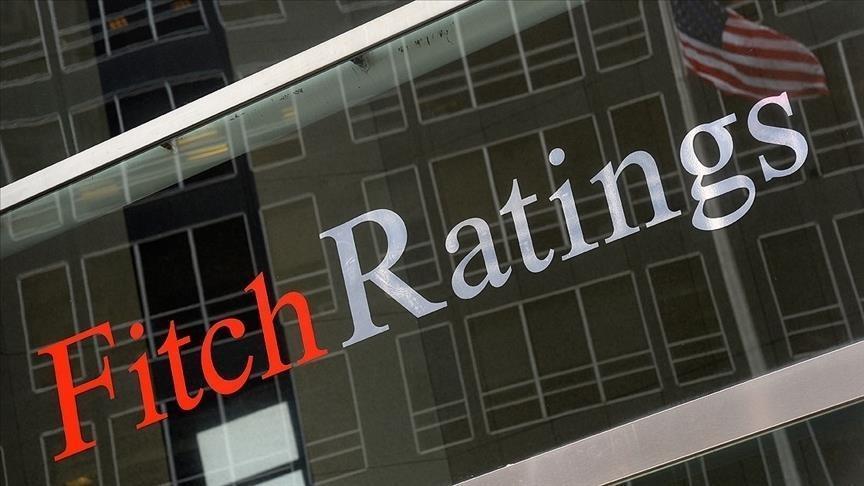Turkish economy resilient to shocks: Fitch
LONDON

The Turkish economy has been successful in showing resilience against various shocks to continue expanding, Fitch Ratings senior director and primary rating analyst Erich Arispe Morales said on Nov. 5.
Turkey’s financial sector acts as an “anchor” for the economy, he said.
The international rating agency expects Turkey’s gross domestic product (GDP) to rise 9.2 percent this year with sup-port from “strong domestic demand, strong recovery in production and net foreign demand,” he told Anadolu Agency.
Fitch Ratings estimates that the Turkish economy will continue growing 3.5 percent next year and 4.5 percent in 2023, according to Morales’ remarks.
With rising energy prices and depreciation of the Turkish Lira, inflation rate is expected to stand at 17 percent this year, before dropping to 13 percent in 2022, he added.
Strong tourism numbers will help Turkey bring current account deficit’s ratio to its GDP down to 3 percent in 2021 and 2.3 percent next year, said Morales.
The rating agency will also consider if extraordinary stimulus policies will be introduced ahead of the elections in 2023, he also said.
Competitor rating agency Moody’s also revised upwards GDP growth forecast for Turkey on Nov. 4.
Moody’s now expects the Turkish economy to expand 9.2 percent and 4.8 percent in 2021 and 2022, respectively.“Monetary and credit expansion and ample liquidity support continue to boost Turkey’s credit-fueled recovery. We now expect real GDP growth of around 9 percent in 2021, up from our previous estimate of 6 percent,” said its “Glob-al Macro Outlook 2022-23” report.
“However, the policies fueling headline economic growth come at the cost of exacerbated pre-pandemic vulnerabilities – wider external imbalances, rising corporate leverage, high inflation, and further depreciation of the lira,” it added.
Moody’s said it forecast an inflation rate of 19 percent for the end of 2021 in Turkey, and above 16 percent at the end of 2022.
















